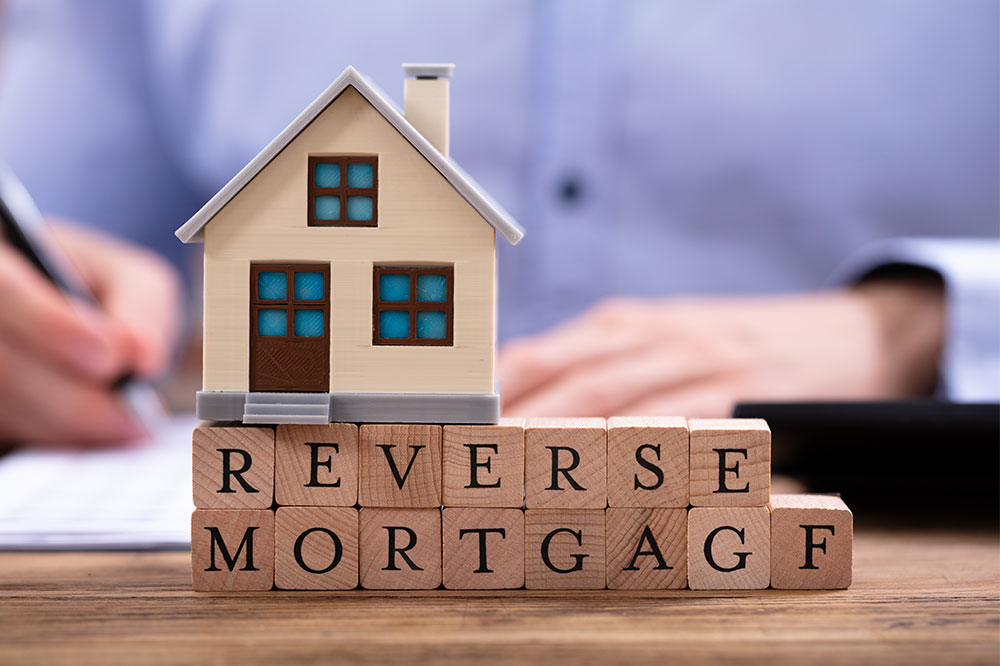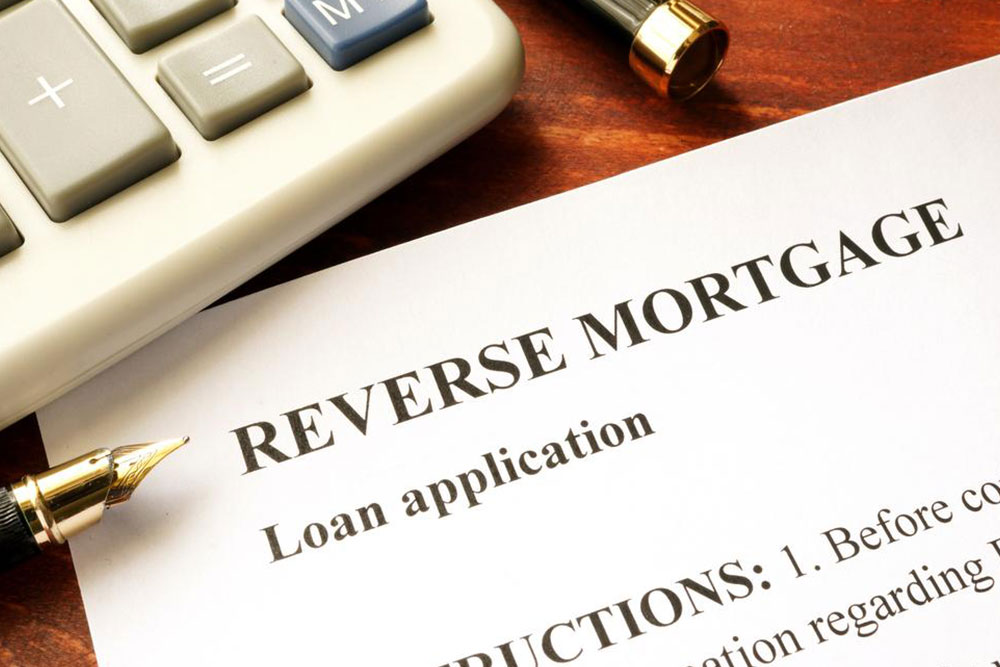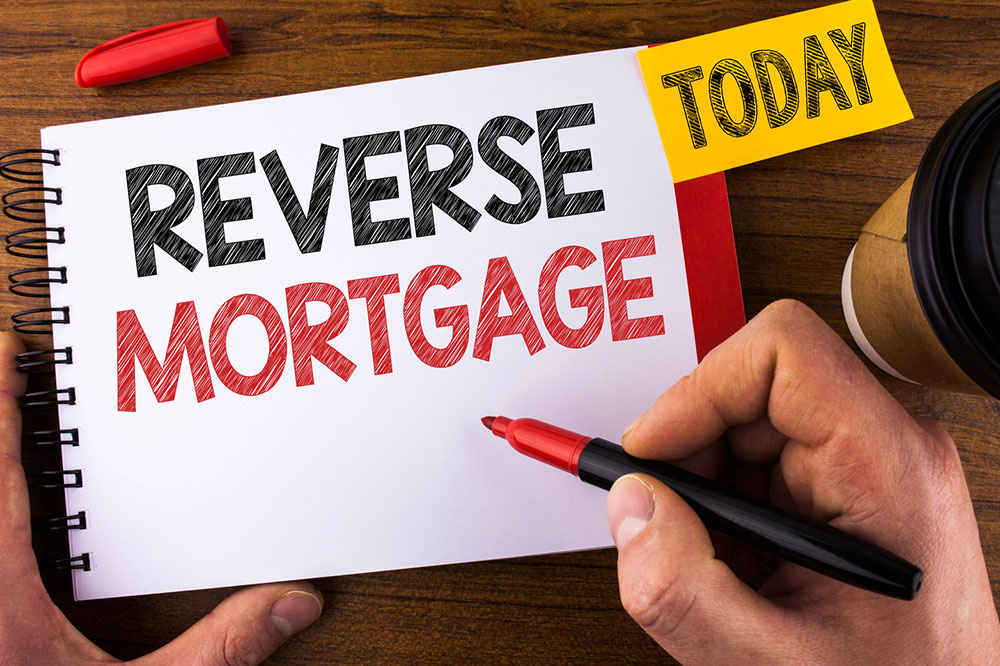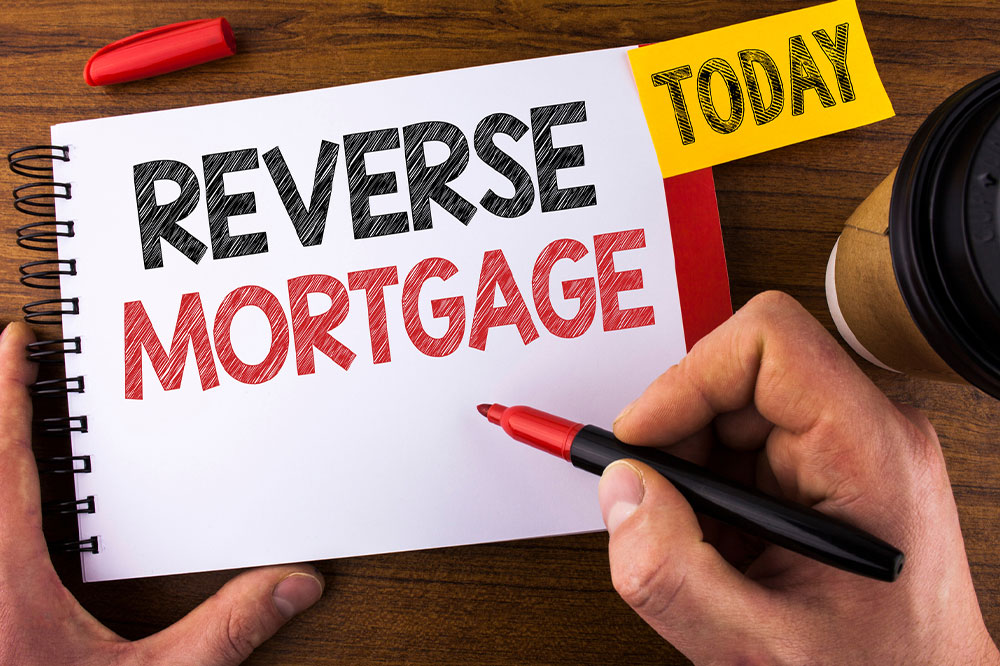Comprehensive Guide to Qualifying for a Reverse Mortgage: Requirements and Options
This comprehensive guide provides seniors with detailed information on how to qualify for a reverse mortgage, covering eligibility criteria, different types of reverse mortgages, and key considerations. It aims to help homeowners over 62 understand their options and make informed financial decisions for retirement, ensuring they leverage their home equity comfortably and securely. Learn about the requirements, available loan types, and essential steps to qualify for a reverse mortgage effectively.

For many seniors seeking financial stability during retirement, tapping into their home equity through a reverse mortgage can be an effective solution. This financial product provides a way for homeowners aged 62 and above to access funds without the burden of monthly repayments, thereby enhancing their financial flexibility. Understanding the process of qualifying for a reverse mortgage is crucial, as it involves certain eligibility criteria set by government agencies and lenders. In this comprehensive guide, we will explore the detailed requirements, various types of reverse mortgages, and tips to determine if this option suits your financial situation.
Understanding the Eligibility Criteria for Reverse Mortgages
The primary homeowner must be at least 62 years old. This age threshold ensures that the reverse mortgage serves as a retirement planning tool, helping seniors leverage their home's equity to meet future expenses.
If the homeowner's spouse is younger than 62, there are specific conditions that might still allow qualification. For example, if the younger spouse resides in the home as a non-borrowing spouse, special provisions apply under certain reverse mortgage programs, especially the HUD-backed Home Equity Conversion Mortgage (HECM).
The applicant must confirm that they occupy the property as their primary residence. Vacation homes, second homes, or rental properties do not qualify for reverse mortgages, as the program is designed to assist homeowners in living in their primary residence during retirement.
Homeownership status is a critical factor. Borrowers should either fully own their home or have at least 50% equity. If the property has an existing mortgage, it should be manageable for the borrower to pay off this debt using the reverse mortgage proceeds or other financial resources.
Financial stability is essential. Borrowers must be free from delinquency on federal debts such as income taxes, property taxes, or federal student loans. If outstanding debts exist, they need to be settled or adequately managed before proceeding with a reverse mortgage. The loan funds can sometimes be allocated to clear these debts, restoring good standing.
The borrower must demonstrate sufficient income or assets to maintain ongoing property-related expenses like taxes, insurance, and home maintenance. Failure to meet these obligations might disqualify an applicant, as the program requires applicants to retain financial responsibility for the property.
Finally, a crucial step involves consulting with a HUD-approved reverse mortgage counselor. This free consultation ensures that applicants understand the loan options, potential risks, and long-term implications of taking a reverse mortgage. Counseling is a mandatory step before approval, designed to protect consumers from making uninformed decisions.
Different Types of Reverse Mortgages: Which One Is Right for You?
Understanding the available types of reverse mortgages allows homeowners to select the most suitable product for their financial needs and property type. These options include proprietary reverse mortgages, Home Equity Conversion Mortgages (HECMs), and single-purpose loans. Each has unique characteristics, advantages, and restrictions.
Proprietary Reverse Mortgages
These are private loans offered by specific lenders tailored for homeowners with high-value properties. Since they are not backed by the government, proprietary reverse mortgages often provide larger loan amounts, making them ideal for seniors with homes exceeding the typical lending limits associated with HECMs. If you own a luxury property or a home with substantial equity, this option might enable you to unlock more significant funds for various expenses such as long-term care, debt consolidation, or investment opportunities.
Home Equity Conversion Mortgages (HECMs)
As the most common form of reverse mortgage, HECMs are federally insured by the Department of Housing and Urban Development (HUD). They come with flexible terms and are widely available through approved lenders. HECMs are versatile, allowing borrowers to use funds for any purpose, including home improvements, medical bills, or supplementing retirement income. Although they generally have higher upfront costs, they benefit from government guarantees, which add security for both lenders and borrowers. HECMs also provide options such as fixed or variable rates, adjustable or fixed term payments, and tenure options, making them adaptable to different financial plans.
Single-Purpose Reverse Mortgages
These loans are typically offered by nonprofit organizations or local government agencies. They are suitable for those who need funding for a specific purpose, such as home repairs, property taxes, or modifications for accessibility. Single-purpose loans are often more affordable than other reverse mortgages, with lower fees and interest rates. However, they are less common and generally have borrowing limits dictated by the lender or program guidelines.
Choosing the right type of reverse mortgage depends on your home’s value, financial goals, and personal circumstances. Consulting with a qualified reverse mortgage counselor and comparing different products can help you make an informed decision that aligns with your retirement plan and financial security objectives. Remember, reverse mortgages can be powerful tools to enhance your retirement lifestyle, but they require careful consideration and understanding of long-term implications.
In conclusion, qualifying for a reverse mortgage involves meeting specific age, ownership, and financial criteria, along with mandatory counseling to ensure informed decision-making. With various options available, seniors should evaluate their individual needs and circumstances to select a suitable product. Whether it’s through a government-insured HECM, a private proprietary loan, or a single-purpose mortgage, understanding these options can help you unlock your home’s equity for a more secure and comfortable retirement.





